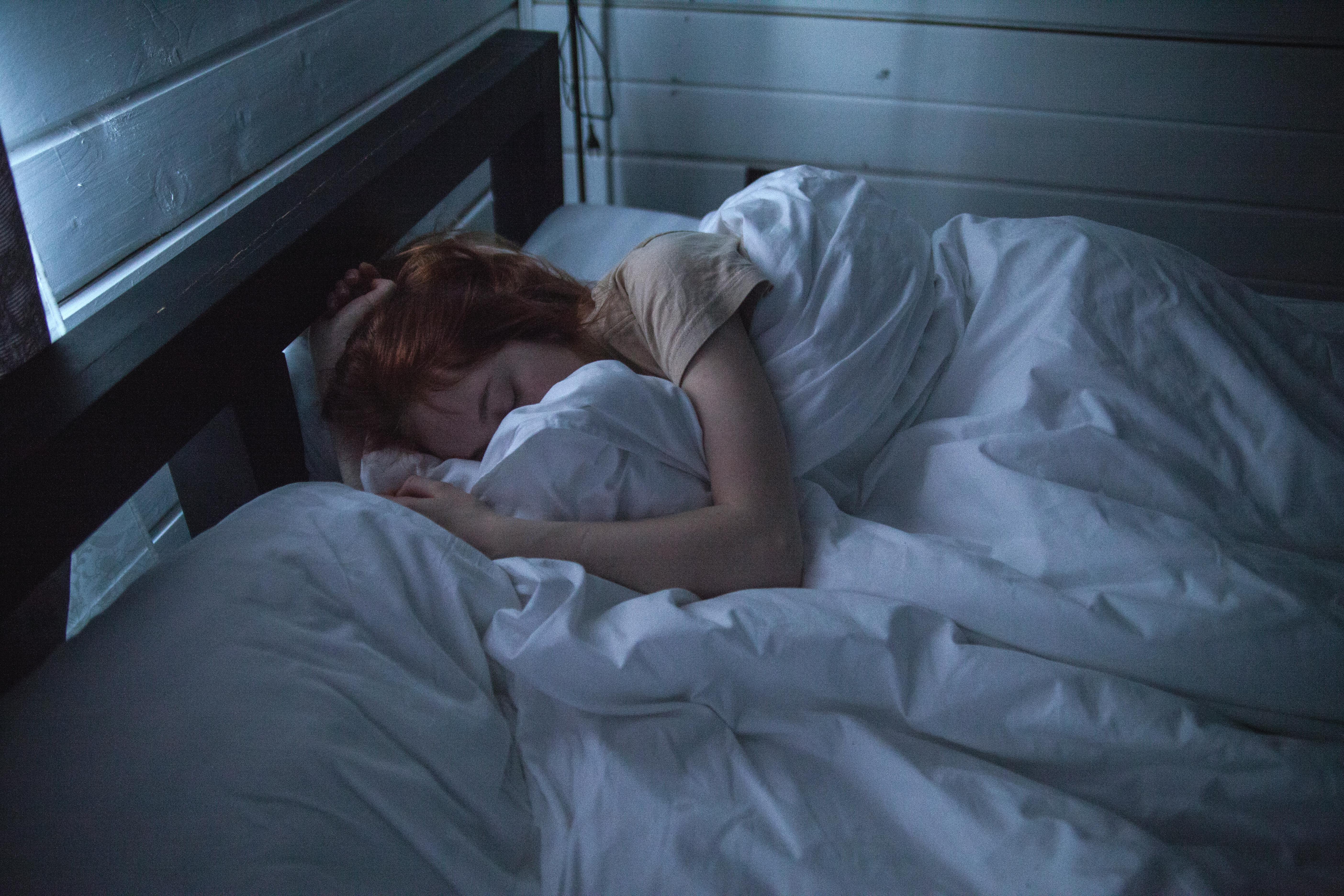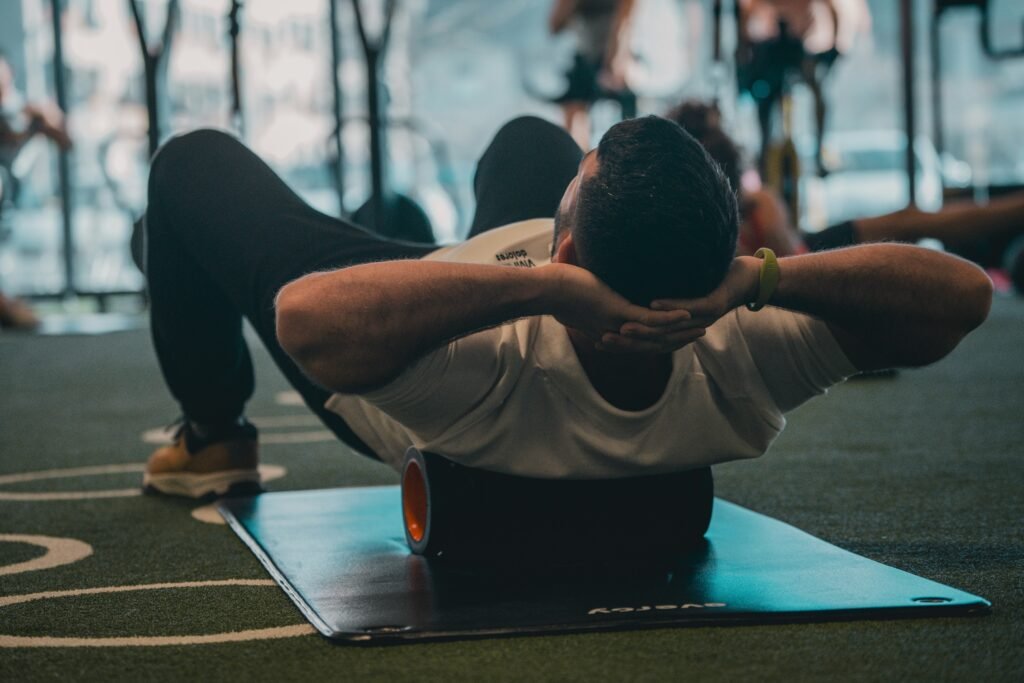Discover why quality sleep is the ultimate recovery tool for muscle growth, strength, and overall fitness performance.

Why Sleep Matters for Muscle Growth
Many lifters focus on training intensity and nutrition but overlook the most powerful anabolic tool available: sleep. During deep sleep, the body shifts into recovery mode, repairing muscle fibers, replenishing energy stores, and releasing growth hormone. In fact, research shows that muscle recovery and protein synthesis peak during slow-wave sleep.
Without adequate rest, even the best workout and diet plan can fall short. Chronic sleep deprivation reduces testosterone, increases cortisol, and slows down muscle protein synthesis — all of which blunt your gains.
The Science of Sleep & Recovery
Sleep is divided into cycles: light sleep, deep sleep, and REM (rapid eye movement). Each stage plays a role in muscle recovery:
- Deep Sleep (Slow-Wave Sleep): The body releases the most growth hormone here, repairing tissues and building muscle.
- REM Sleep: Vital for nervous system recovery, memory consolidation, and learning new motor skills (like exercise technique).
- Light Sleep: Acts as a transition stage but is still important for recovery balance.
A 2019 study found that athletes sleeping less than 6 hours per night experienced 30% slower recovery times compared to those getting 8+ hours.
How Lack of Sleep Hurts Gains
Missing out on quality rest can derail progress, even if you train hard and eat right. Here’s how:
- Reduced protein synthesis: Less muscle repair and growth.
- Decreased testosterone levels: Lower anabolic environment for hypertrophy.
- Increased cortisol: Higher stress hormone leads to muscle breakdown.
- Poor gym performance: Fatigue reduces strength, power, and endurance.
Key Finding: Studies suggest even a single night of poor sleep can reduce strength output by up to 20% the following day.
How Much Sleep Do You Really Need?
General recommendations suggest 7–9 hours per night for adults. However, athletes and those engaging in intense strength training may benefit from 8–10 hours for optimal recovery.
It’s not just about duration, but sleep quality. Two people may both get 8 hours, but the one with deeper, uninterrupted sleep will recover far better.
Practical Tips to Optimize Sleep for Muscle Recovery
Here are proven strategies to maximize sleep quality and recovery:
- Maintain a consistent schedule: Go to bed and wake up at the same time daily.
- Optimize your sleep environment: Keep the room cool (60–67°F / 16–19°C), dark, and quiet.
- Avoid screens before bed: Blue light delays melatonin release and disrupts deep sleep.
- Limit caffeine intake: Stop consuming caffeine at least 6–8 hours before bedtime.
- Use relaxation techniques: Breathwork, meditation, or light stretching helps calm the nervous system.
- Consider supplements: Magnesium, glycine, or melatonin can aid sleep when needed.
The Role of Naps in Recovery
Short naps (20–30 minutes) can improve alertness, coordination, and recovery. For athletes, a 90-minute nap may be especially beneficial because it allows a full sleep cycle, including REM and deep sleep stages.
However, avoid late evening naps that interfere with nighttime rest.
Nutrition & Sleep: A Powerful Combo
What you eat can directly affect sleep quality and muscle recovery:
- Protein: A slow-digesting protein like casein before bed supports overnight muscle repair.
- Carbohydrates: Moderate carb intake at dinner promotes serotonin release, improving sleep onset.
- Micronutrients: Zinc and magnesium are linked to better sleep quality.
Hydration also matters — but avoid excessive fluid intake right before bed to minimize nighttime awakenings.
Sample Night Routine for Maximum Recovery
- Finish training at least 3 hours before bedtime.
- Eat a protein + carb meal 1–2 hours before sleep.
- Turn off bright lights and devices 60 minutes before bed.
- Do 5 minutes of stretching or meditation to relax.
- Set bedroom temperature around 65°F (18°C).
Best Sleep Products for Athletes
These tools can help optimize recovery and improve sleep quality:
- Weighted blanket: Promotes relaxation and deeper sleep.
- Blackout curtains: Block outside light for uninterrupted rest.
- Blue light blocking glasses: Reduce screen-induced melatonin suppression.
- Sleep tracking device: Monitors cycles and recovery metrics.
Our recommended blackout sleep mask (US Readers)
Our recommended blackout sleep mask (GB Readers)
Our recommended blackout sleep mask (EU Readers)
Final Thoughts: Sleep Is the Best Recovery Tool
Muscle growth doesn’t happen in the gym — it happens during rest. Optimizing sleep improves strength, accelerates recovery, balances hormones, and boosts overall performance. Think of it as your most important training session of the day.
If you’re serious about fitness, treat sleep and muscle recovery as a non-negotiable part of your program. Train hard, eat smart, but most importantly, sleep deep.

